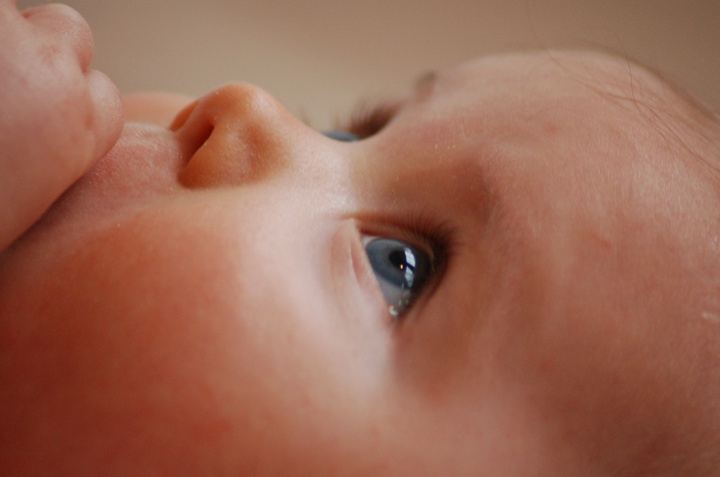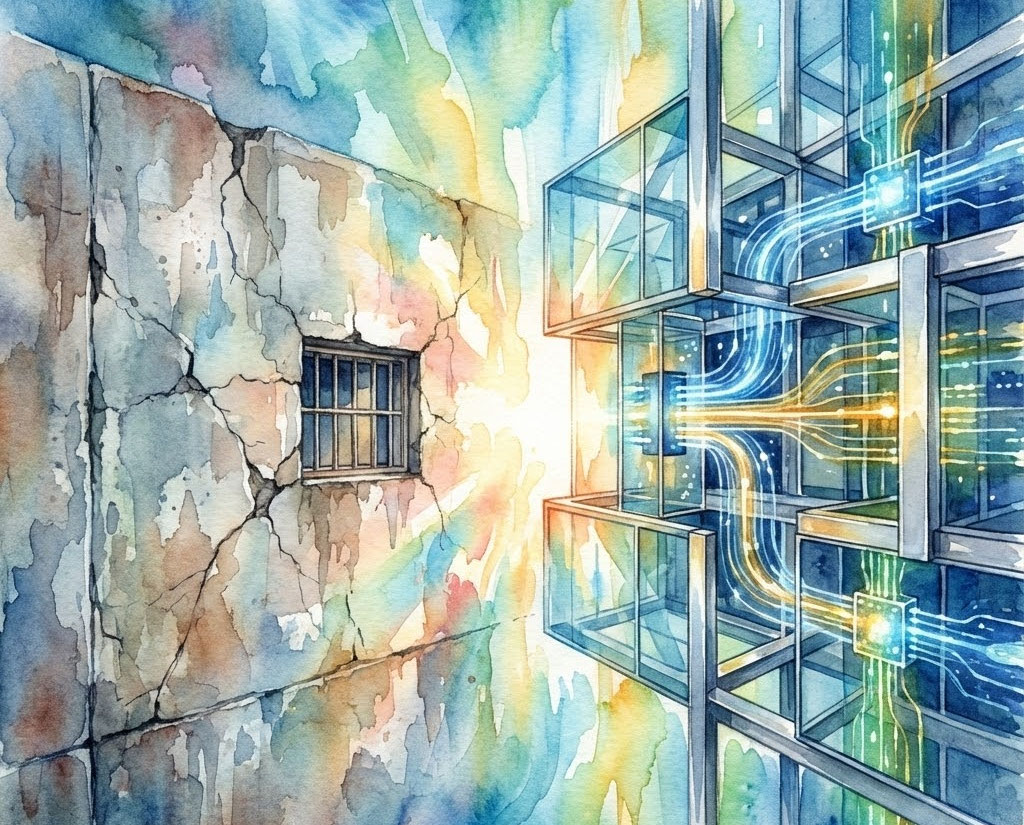
Have you read Brave New World by Aldous Huxley?
This dystopian novel describes a world where human embryos are raised in “hatcheries and conditioning centers." By modifying the developmental conditions of these fetal humans, The World State engineers people predestined to fit in one of five social castes as determined by the physical, mental, and emotional traits with which they are programmed.

“The fetuses undergo different treatments depending on their castes. Oxygen deprivation and alcohol treatment ensure the lower intelligence and smaller size of members of the three lower castes. Fetuses destined for work in the tropical climate are heat conditioned as embryos; during childhood, they undergo further conditioning to produce adults that are emotionally and physically suited to hot climates."
The process aims to make individuals accept and even like 'their inescapable social destiny.'
Shaping Social Destiny
Creating a caste system based on the manipulation of embryos and infants might sound like an injustice that only exists in alarmist cautionary tales… we could hope.
But, the book The First 1,000 Days by Robert Thurow makes the case that our world is witnessing the formation of castes around the world. Castes shaped by the disparate nutrition and living conditions experienced by women and infants from conception to age two.
In the first 1,000 days of a person’s life, their body and their mind develop the biological foundations for growth and cognition. Malnutrition, parasites, and illnesses experienced early in life can erode the foundations which would ideally enable a person to grow, learn, and perform fully throughout their lifetime.
Stunting, obesity, impaired cognition, chronic inflammation, anemia, and other maladies can develop when a pregnant woman is stressed, worked, or malnourished during labor. These complications can also result when a mother lacks the time or nutrition to breastfeed her child. Cultural practices, gender inequality, poor infrastructure, agricultural methods, and imbalanced economic policies all combine to create unnecessary suffering for women and lifelong hardships for their children, who are, in this present system, assigned nearly “inescapable social destinies."
Not only is this unjust -- it is completely unnecessary.
The solutions to malnutrition and marginalization are simple. We all have the ability to affect the changes, if not (perhaps) the incentive to do so.
Our world is not that of the imagined unified government of a “World State." A caste does not ensure us community, identity, or stability. In fact, the social instability and economic costs wrought by infant malnutrition are thoroughly detailed by Thurow, and the conclusion is rough: injustice impacts us all.
So, whether we’re designing the infrastructure of the future, M.apps for humanity, entrepreneur insurance, tools for global learning, or matter compilers keep in mind the bigger picture. These breakthrough aren't just something to marvel at, or keep us amused by our own cleverness. With every stride toward better efficiency in the basics for healthy, safe, and prosperous living, we get that much closer to universal access to these necessities -- we get closer to eliminating so much unnecessary suffering.








